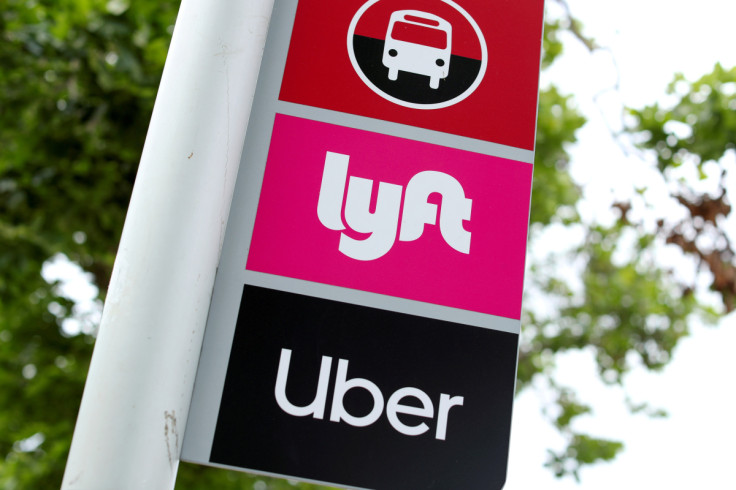From Cupid To Couriers: Valentine's Day Strikes Hit Ride-Hailing And Delivery Apps
In a united effort spanning the United States, Canada, and the United Kingdom, thousands of drivers and delivery riders working for major ride-hailing and food delivery platforms are preparing to strike on Wednesday.
The Valentine's Day protests are incited by grievances over pay and working conditions within the gig economy, as workers urge fair compensation and better treatment from the companies they serve.

The strikes strategically coincide with one of the busiest days for these services in an effort to maximize their impact and draw attention to the difficulties faced by gig workers. From coast to coast in North America, drivers and couriers are planning to cease services and protest at prime locations, including major airports and company headquarters.
In the U.S., the campaign group Justice for App Workers has assembled drivers for Uber and Lyft, along with riders for DoorDash, in a demonstration of discontent over the excruciating work schedules and insufficient pay. The group, representing a substantial number of workers across the East Coast and Midwest, aims to halt operations at airports in cities such as Chicago and Miami for two hours on Valentine's Day.
"Join Justice for App Workers from 11am-1pm on Wednesday, February 14, as we demand changes from Uber, Lyft, DoorDash, and all the app companies profiting off of our hard work!" the campaign group stated.
Correspondingly, in the UK, more than 3,000 food delivery riders are participating in strikes organized by Delivery Job UK. These riders, mostly Portuguese-speaking, work across multiple platforms including Uber Eats, Deliveroo, and Just Eat. Their primary ask is fair compensation for their labor, as they have experienced a decline in income due to reduced delivery fees fixed by the companies.
The fundamental issue driving these protests is the mismatch between the rising cost of living and the stagnation or decline in earnings for gig workers. Reports disclose a decrease in average earnings for drivers and couriers, intensifying financial strain amidst mounting expenses.
Jonathan Cruz, Uber driver said, "People are tired of this. It's getting worse as the years go by. The gap is increasing between what the customer pays and what the driver gets . . . It's hard to survive right now."
Despite the planned strikes, gig economy companies have expressed their commitment to addressing the issues raised by workers. Lyft has announced a minimum weekly earnings guarantee for drivers, while Uber emphasizes the flexibility and earning potential available on its platform. DoorDash, Deliveroo, Just Eat, and Stuart have reiterated their attempts to provide competitive earnings and flexible work arrangements to their workers.
Financially, Uber recently announced its first annual operating profit, exhibiting the company's ability to navigate investor expectations while Deliveroo and Just Eat have disclosed narrowed pre-tax losses, indicating progress towards profitability. The strikes signify the ongoing tensions between profitability and the welfare of gig workers, emphasizing the need for a balance between corporate interests and worker rights. However, challenges persist, as showcased by a UK Supreme Court ruling denying Deliveroo riders the right to collective bargaining.
© Copyright IBTimes 2024. All rights reserved.






















